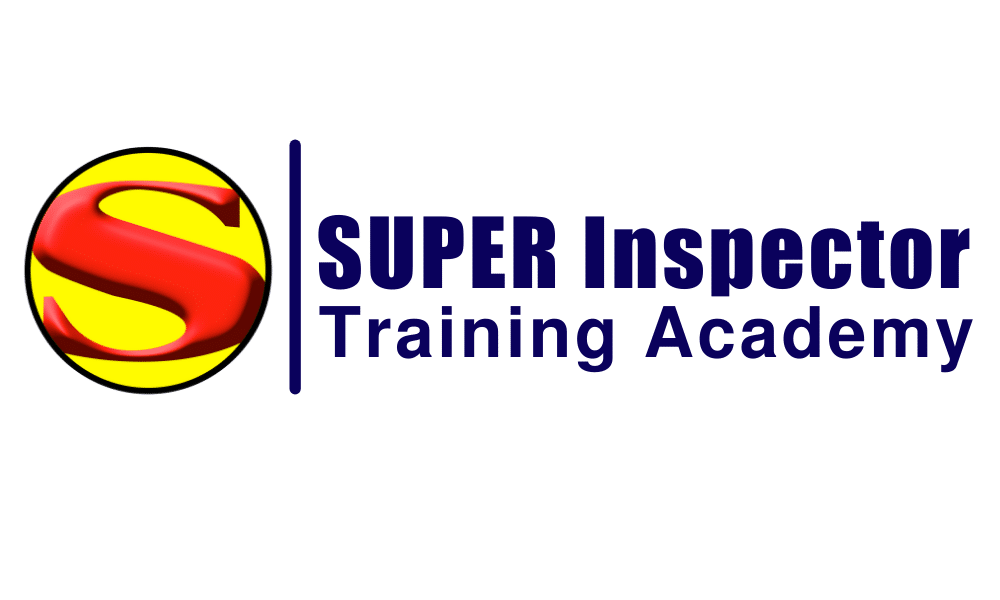BUSINESS – LESSON 1: SECTION 2 – Conflicts of Interest (Content)
Home Inspector Financial Interest in the Property The home inspector should not inspect any property in which the home inspector has or may have a financial interest. This does not preclude the home inspector from inspecting his/her personal home; however, many home inspectors hire another home inspector to perform the inspection to avoid the appearance of a conflict of interest.
Home Inspector Financial Interest in the Sale The home inspector should not inspect any property on a contingent basis whereby the home inspector may derive compensation based on the results of the inspection. The home inspector should not inspect any property whereby the home inspector may derive compensation based on the sale of the property. This could preclude, for example, a home inspector performing an inspection on a house for which the home inspector’s spouse is a real estate agent involved in the transaction. The spouse’s commission is contingent on the sale; therefore, the home inspector has a financial interest in the sale.
Pay to Play Pay to play refers to the practice by some real estate companies and other referral sources to demand compensation for inclusion in preferred provider and recommended home inspector lists. Other referral sources may include real estate attorneys, mortgage companies, banks, and title insurance companies. This also refers to direct payments to referral sources in return for referrals.
This is a difficult ethical area. Activities such as nominal cost gifts to referral sources are usually acceptable. Sponsorship of legitimate referral source company events is usually acceptable. Advertising in a referral source company publications may be acceptable on a case by case basis. Some jurisdictions that license home inspectors have interpretations of what is and is not acceptable this area.
Paid to Play Paid to play refers to the practice of a home inspector accepting compensation from vendors for directly or indirectly recommending the vendor. This is often interpreted to include accepting compensation for scheduling free inspections of systems such as security systems and accepting compensation for referring a pest inspection company. It may not include accepting compensation for scheduling and billing the pest inspection with the home inspection because the home inspector is performing a service for the pest inspection company. Some jurisdictions that license home inspectors have interpretations of what is and is not acceptable in this area.
Repairing Inspected Property The perception of the home inspector as an honest information source could easily be damaged if the home inspector were perceived as finding problems that the home inspector could turn around and charge the client or the seller to repair. The home inspector may not, for compensation, perform any construction or repair work on an inspected property for one year after the inspection.
This is another difficult ethical area. This restriction is not included in all home inspector codes of ethics. It may not apply if the company that performs the work is owned by the home inspector’s relative, not by the home inspector. Some jurisdictions that license home inspectors have interpretations of what is and is not acceptable in this area.
